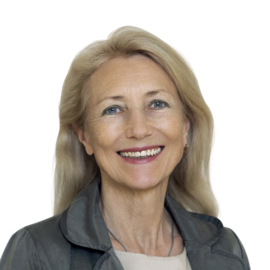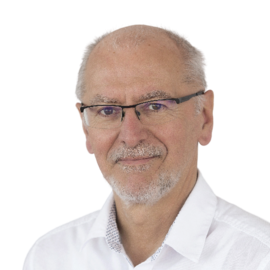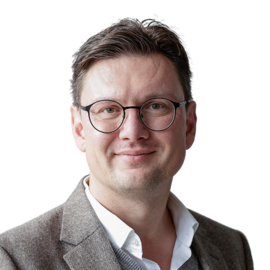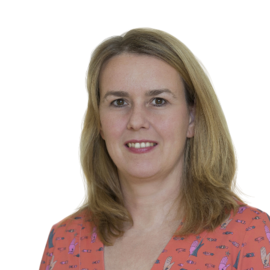
Members
Former Members
- Prof. Dr. med. Katrin Amunts Member from April 2012 to April 2020
- Constanze Angerer Member from April 2012 to April 2020
- Dr. theol. Dr. h. c. Hermann Barth Member from April 2008 to March 2010
- Prof. Dr. med. Axel W. Bauer Member from April 2008 to April 2012
- Prof. Dr. phil. Alfons Bora Member from April 2008 to April 2012
- Wolf-Michael Catenhusen Member from April 2008 to April 2016
- Prof. em. Dr. iur. Dr. h. c. Dagmar Coester-Waltjen Member from April 2016 to April 2020
- Prof. Dr. theol. Peter Dabrock Member from April 2012 to April 2020
- Prof. Dr. rer. nat. Stefanie Dimmeler Member from April 2008 to April 2012
- Prof. Dr. med. Frank Emmrich Member from April 2008 to April 2016
- Dr. med. Christiane Fischer Member from April 2012 to April 2020
- Prof. Dr. phil. Dr. h. c. Volker Gerhardt Member from April 2008 to April 2012
- Prof. Dr. phil. habil. Dr. phil. h. c. lic. phil. Carl Friedrich Gethmann Member from February 2013 to February 2021
- Prof. Dr. theol. Martin Hein Member from November 2014 to November 2018
- Prof. Dr. med. Dr. phil. Thomas Heinemann Member from April 2012 to April 2016
- Prof. Dr. iur. Wolfram Höfling Member from April 2012 to April 2020
- Hildegund Holzheid Member from April 2008 to April 2012
- Prof. Dr. theol. Dr. h. c. Wolfgang Huber Member from April 2010 to June 2014
- Prof. Dr. (TR) Dr. phil. et med. habil. Ilhan Ilkilic Member from April 2012 to April 2020
- Prof. Dr. theol. Christoph Kähler Member from April 2008 to April 2012
- Prof. Dr. rer. nat. Regine Kollek Member from April 2008 to April 2012
- Prof. Dr. phil. Dr. h. c. Andreas Kruse Member from April 2016 to March 2022
- Prof. Dr. phil. Adelheid Kuhlmey Member from April 2016 to April 2020
- Prof. Dr. med. Leo Latasch Member from April 2012 to April 2020
- Dr. theol. Dr. rer. pol. Anton Losinger Member from April 2008 to April 2016
- Prof. Dr. phil. Weyma Lübbe Member from April 2008 to April 2012
- Prof. em. Dr. iur. Reinhard Merkel Member from April 2012 to April 2020
- Herbert Mertin Member from April 2012 to April 2016
- Prof. Dr. phil. Gabriele Meyer Member from April 2016 to June 2018
- Prof. Dr. med. habil. Dr. phil. Dr. theol. h. c. Eckhard Nagel Member from April 2008 to April 2016
- Dr. phil. Peter Radtke Member from April 2008 to April 2016
- Prof. Dr. med. Jens Reich Member from April 2008 to April 2012
- Ulrike Riedel Member from April 2008 to April 2016
- Prof. Dr. iur. Edzard Schmidt-Jortzig Member from April 2008 to April 2016
- Dr. iur. Dr. h. c. Jürgen Schmude Member from April 2008 to April 2012
- Prof. Dr. theol. Eberhard Schockenhoff Member from April 2008 to April 2016
- Prof. Dr. med. Bettina Schöne-Seifert Member from April 2008 to March 2010
- Prof. Dr. iur. Dres. h. c. Spiros Simitis Member from April 2008 to April 2012
- Prof. Dr. med. Elisabeth Steinhagen-Thiessen Member from April 2012 to April 2020
- Prof. Dr. iur. Jochen Taupitz Member from April 2008 to April 2016
- Dr. h. c. Erwin Teufel Member from April 2008 to April 2012
- Dr. phil. Petra Thorn Member from April 2016 to April 2020
- Prof. Dr. iur. Silja Vöneky Member from April 2012 to April 2016
- Prof. Dr. rer. nat. Heike Walles Member from June 2010 to September 2012
- Kristiane Weber-Hassemer Member from April 2008 to April 2012
- Prof. Dr. med. Claudia Wiesemann Member from April 2012 to April 2020
- Prof. Dr. med. Christiane Woopen Member from April 2008 to April 2016
- Dr. phil. Michael Wunder Member from April 2008 to April 2016



